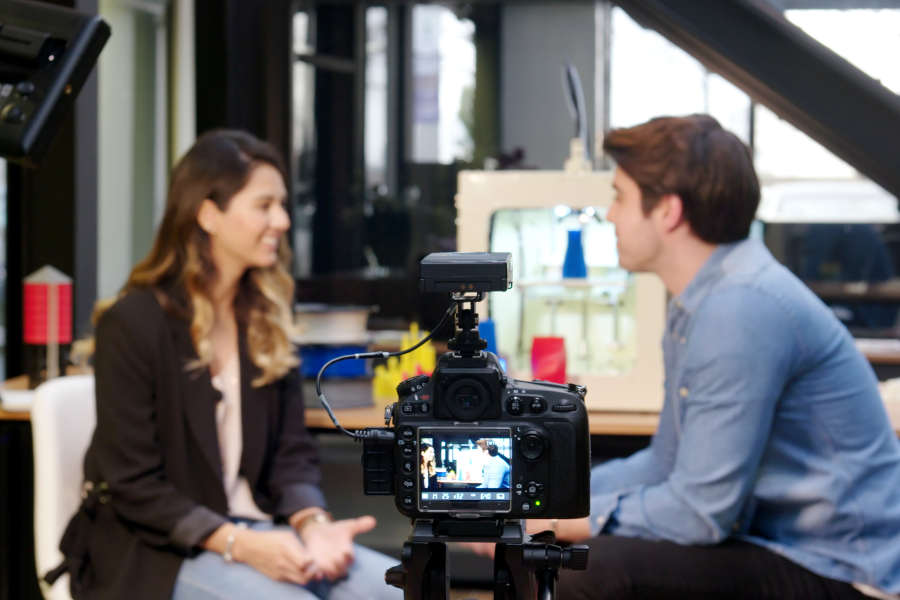Marketing trends for 2020
We have entered a new decade. The boom of the roaring twenties is a faint echo from a century ago – the Second World War began eighty-one years ago and it’s been sixty years since The Beatles first took to the stage. There’s no doubt; the future is now.
As we delve further into this digital age; gaining a greater understanding of the technological advancements from each decade and their applicability to the marketing world; the list of tools at the disposal of advertising agencies continues to expand.

Artificial intelligence
Whilst the field of artificial intelligence (AI) was founded in 1956 – only in the past two decades have true advancements been made. With virtual assistants and self-driving cars beginning to transform our day-to-day lives – it’s easy to see the various marketing possibilities that have arisen from these technological upgrades.
Dynamic content
In the context of marketing, AI can analyse consumer behaviour and search for patterns; using data from social media platforms and blog posts to help businesses understand how customers find their products and services. These stats will then be instrumental in delivering ‘dynamic content’ – also known as adaptive content; an advertising campaign that targets the individual consumer using their demographics, behaviour, preferences and interests.

Chatbots
Artificial intelligence is predicted to reshape conversational marketing, as chatbots become more sophisticated they are being used for almost every possible task in customer service, sales and marketing. From simple menu/button-based interfaces to contextual chatbots that can remember the previous question asked by a user and based on that, present a secondary, more complex answer – the technology is advancing exponentially.
Virtual assistants
Companies are beginning to understand the potential of voice search and smart speakers – integrating with the various virtual assistants currently on the market; Jetson.ai allows customers to interact with websites via voice control. Its artificial intelligence can learn from each shopper and customise interactions; keeping track of purchases allowing users to repeatedly order the desired product with little to no friction.

Video and live streaming
If your website includes a video, it’s 50 times more likely to drive organic search results compared to text. The reason being; people find moving image content more compelling – describing your product within the confines of short video makes your brand far more digestible and memorable to the consumer.
A recent study has revealed that 70% of consumers say that they have shared a brand’s video and 52% state that watching product videos makes them more confident in purchase decisions. With so many platforms to share moving image content; from Youtube to Vimeo, or even live broadcasts to Facebook, Instagram or Linkedin – video marketing should be centric to every businesses 2020 marketing strategy.

Influencer marketing
Brands partnering with well-known celebrities is no new concept; however, companies are finding teaming with Youtube and Instagram personalities helps instil the brand with a degree of authenticity. Consumers are more likely to purchase from a voice they can relate to, as opposed to a faceless sales executive using tired old tricks.
Once again; artificial intelligence will affect this trend, as the technology improves – the easier it is to find the most successful influencers to partner with. AI can identify those with better engagement, fewer fake followers and a higher chance of generating a positive return on investment.
2020 vision
More so than in any other industry, remaining up to date with current trends is integral to the job of any digital marketer. At Cordis; we have a constant finger on the pulse of the advertising industry – fusing decades of experience, with tomorrow’s technology; we retain a relevance that gives us a winning edge over competitors!